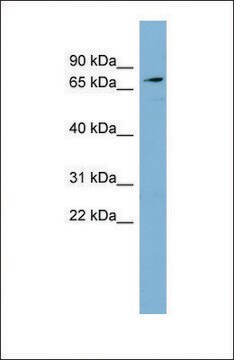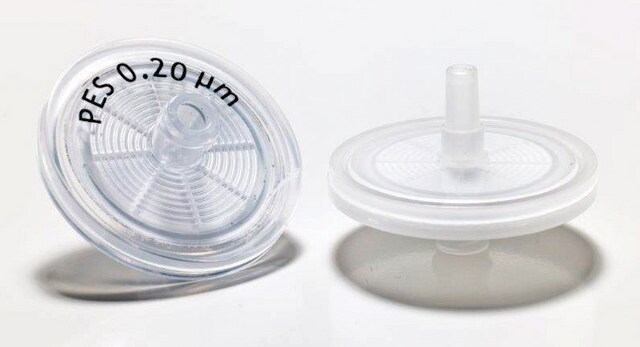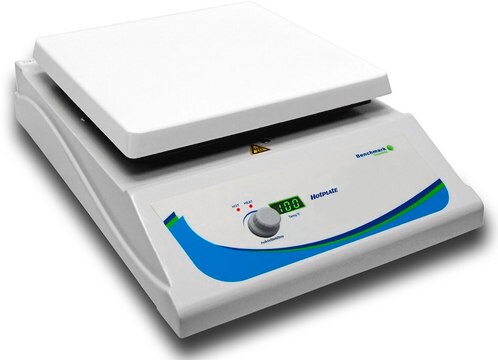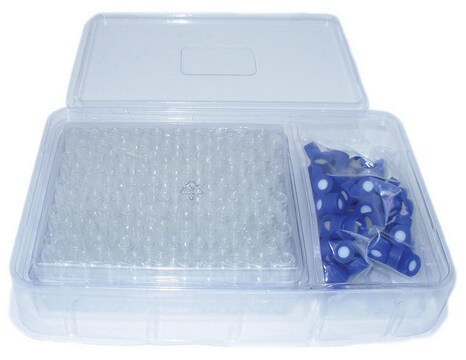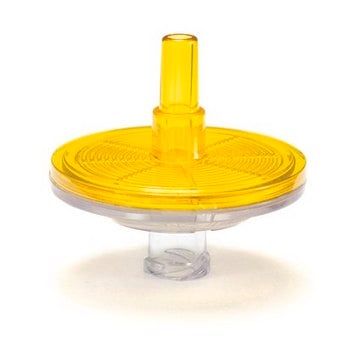04-002
Anti-SOCS1 Antibody, clone 4H1
clone 4H1, Upstate®, from mouse
Sinónimos:
suppressor of cytokine signaling 1, CIS1, CISH1, JAB, SOCS-1, SSI-1, SSI1, TIP3
About This Item
WB
western blot: suitable
Productos recomendados
origen biológico
mouse
Nivel de calidad
forma del anticuerpo
purified antibody
tipo de anticuerpo
primary antibodies
clon
4H1, monoclonal
reactividad de especies
mouse, human
fabricante / nombre comercial
Upstate®
técnicas
immunoprecipitation (IP): suitable
western blot: suitable
isotipo
IgG1
Nº de acceso NCBI
Nº de acceso UniProt
Condiciones de envío
wet ice
modificación del objetivo postraduccional
unmodified
Información sobre el gen
human ... SOCS1(8651)
Especificidad
Inmunógeno
Aplicación
Immunoprecipitation (IP): 10 μg of this antibody immunoprecipitated SOCS1 from 200 μL of cell extract in RIPA buffer.
Signaling
Immunological Signaling
Calidad
Descripción de destino
Forma física
Almacenamiento y estabilidad
Otras notas
Información legal
Cláusula de descargo de responsabilidad
¿No encuentra el producto adecuado?
Pruebe nuestro Herramienta de selección de productos.
Código de clase de almacenamiento
12 - Non Combustible Liquids
Clase de riesgo para el agua (WGK)
WGK 1
Punto de inflamabilidad (°F)
Not applicable
Punto de inflamabilidad (°C)
Not applicable
Certificados de análisis (COA)
Busque Certificados de análisis (COA) introduciendo el número de lote del producto. Los números de lote se encuentran en la etiqueta del producto después de las palabras «Lot» o «Batch»
¿Ya tiene este producto?
Encuentre la documentación para los productos que ha comprado recientemente en la Biblioteca de documentos.
Nuestro equipo de científicos tiene experiencia en todas las áreas de investigación: Ciencias de la vida, Ciencia de los materiales, Síntesis química, Cromatografía, Analítica y muchas otras.
Póngase en contacto con el Servicio técnico
